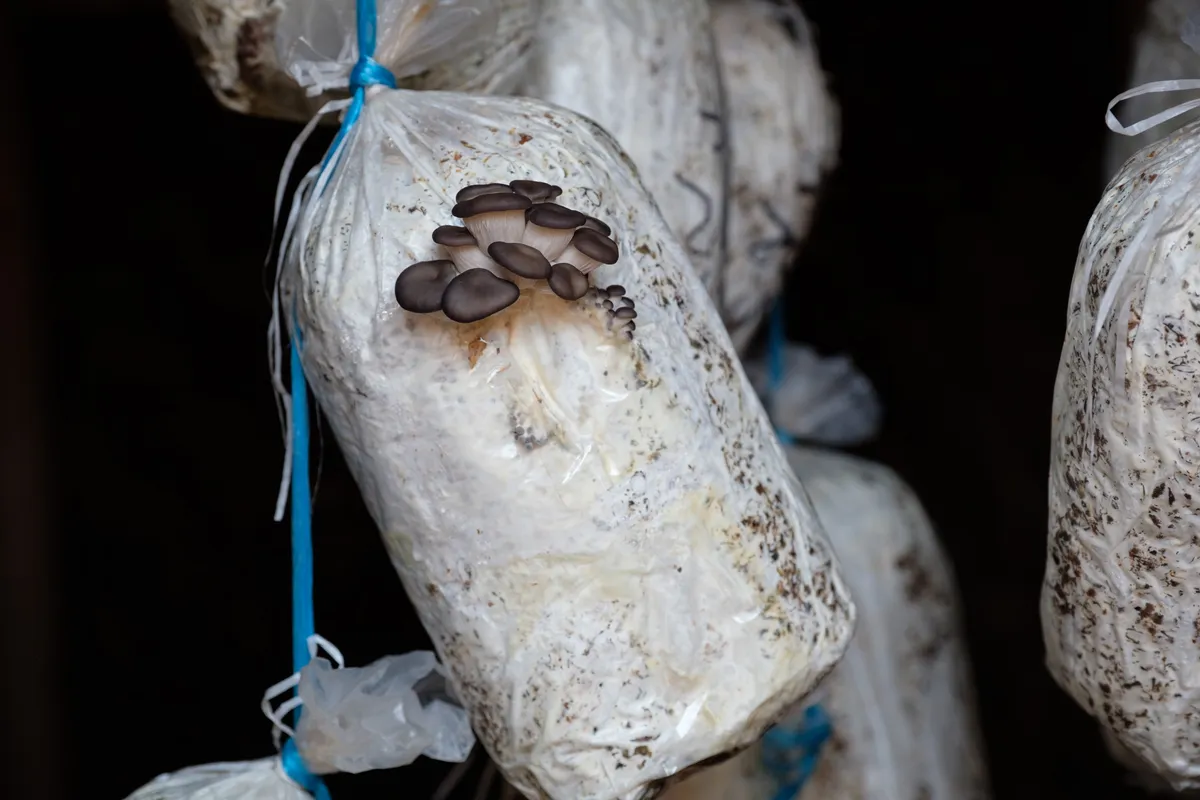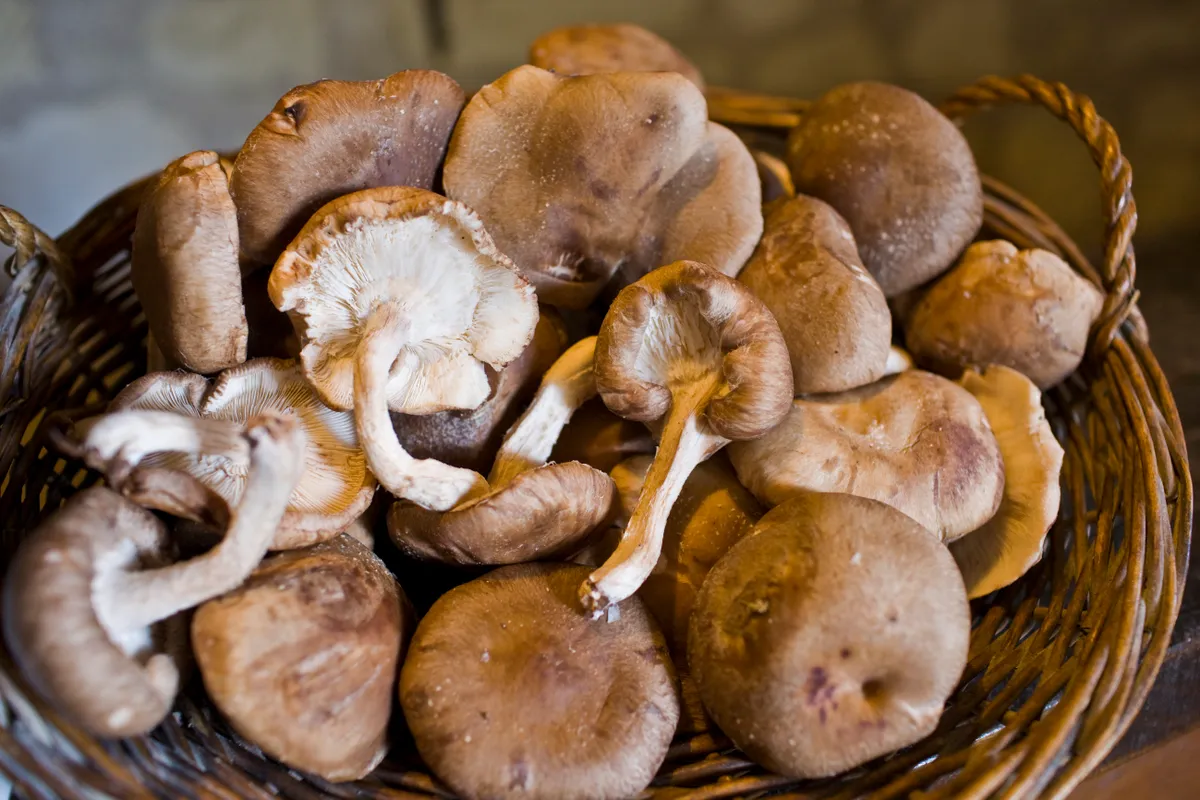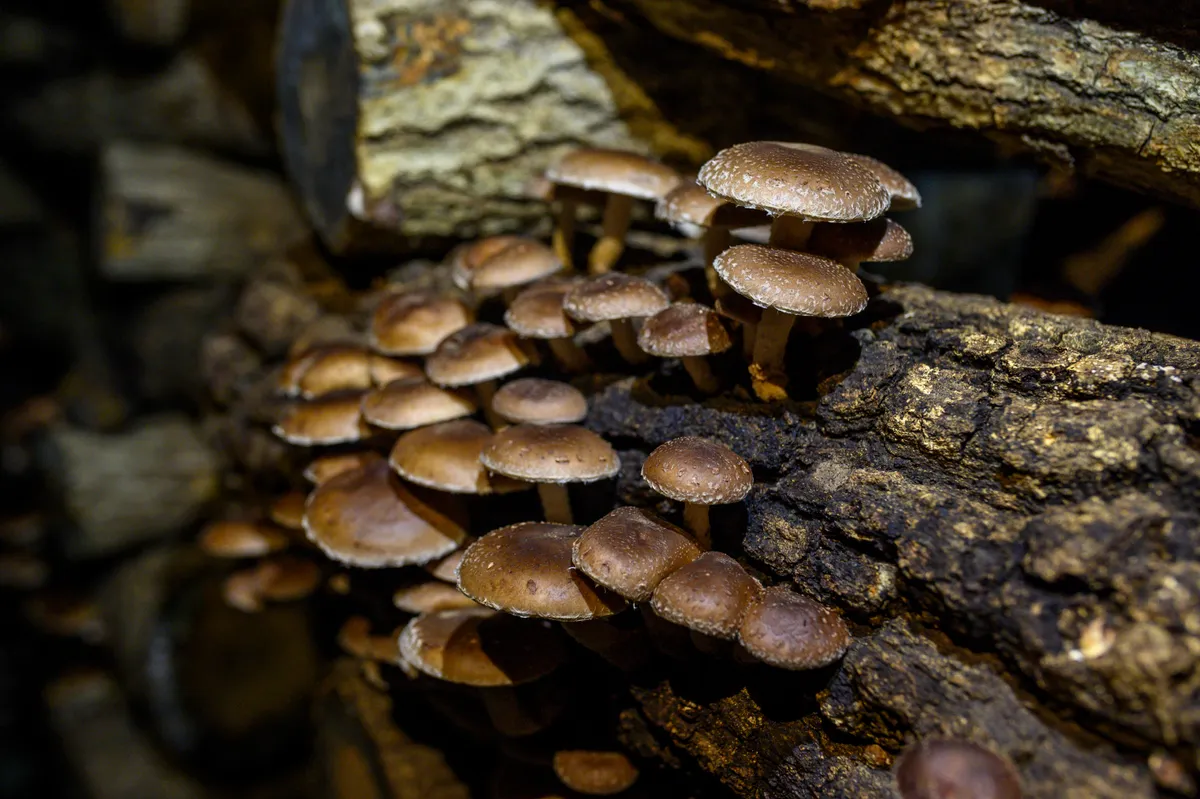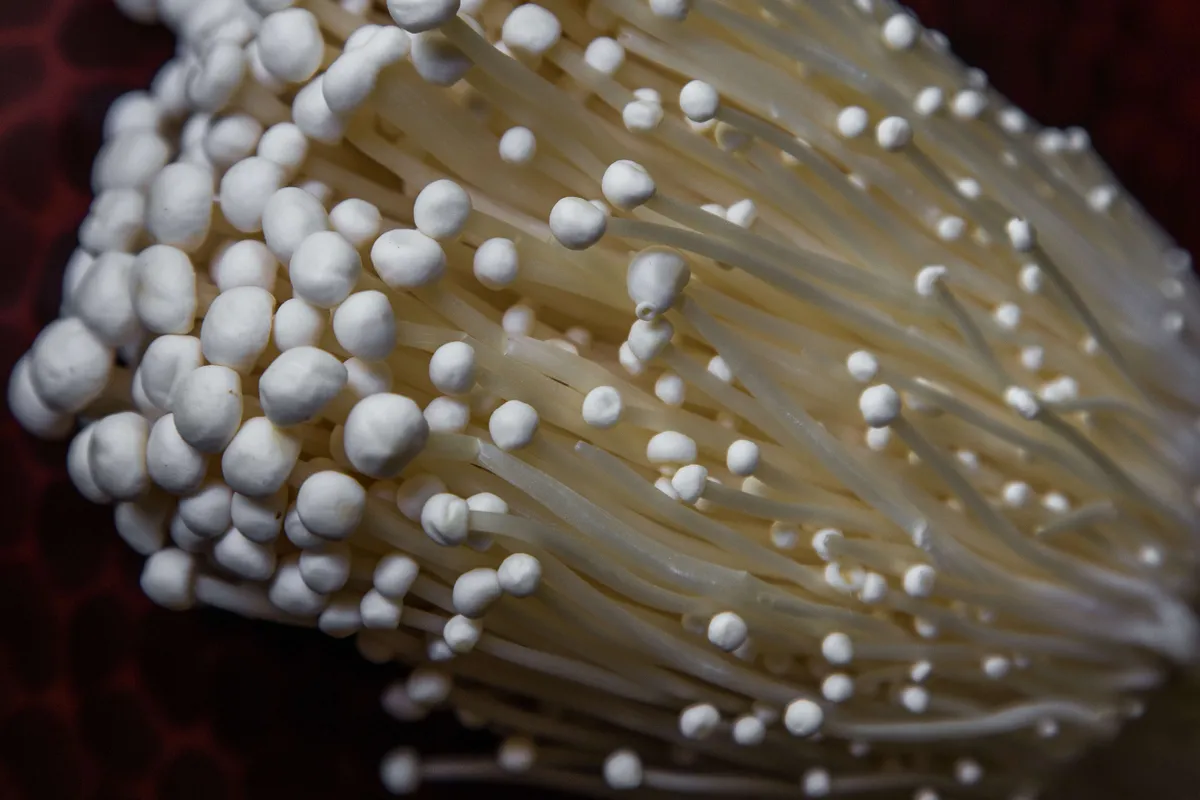As Covid-19 has forced people to stay at home there has been ballooning interest in gardening and small scale food production, with many vegetable seed suppliers selling out during the UK’s March lockdown. A less familiar crop which is well suited to growing in small homes, even those without any garden, are mushrooms.
Why grow your own mushrooms?
An increasing number of companies are offering mushroom growing kits for a diverse range of useful and tasty fungi. These easy to use kits along with a wealth of online resources and new publications such as Merlin Sheldrake’s Entangled Life are expanding people’s access to - and appreciation for - mushrooms, many of which are both nutritious and beautiful.
As gardeners become accustomed to the principles and techniques behind growing mushrooms it follows that their aesthetic qualities will be recognised and cultivated for their own sake. From inoculating log piles to planting certain trees and shrubs for their fungal symbiosis, mushrooms are becoming a more common and welcome feature of garden ecology. Dramatic bracket fungi such as birch polypore, beefsteak fungus or chicken of the woods provide a wide-eyed moment of discovery to any woodland walk while the iconic red caps of fly agaric are as bold in colour as any flower. While people are rightfully wary of the poisonous reputations of some mushrooms this is not reason enough to exile them from the garden considering the number of poisonous flowers we already encourage, from monkshood to daffodils.
How to grow your own mushrooms
Most wild species of mushroom are incredibly sensitive to their immediate environment, have a fleeting season and depend on specific symbioses to thrive - frustrating many attempts at cultivation. While it may be some time before gardeners are able to line woodland paths with the foxfire of bioluminescent fungi or place toadstools with the accuracy of tulip bulbs, there are a number of more easily domesticated species which provide a rewarding alternative.
Here are three mushrooms that can be grown at home using a range of simple techniques.
The best mushrooms to grow at home
1
Oyster mushrooms

Pleurotus are a diverse and robust genus which are both delicious and easily grown making it one of the best mushrooms to grow for beginners. The common oyster mushroom (Pleurotus ostreatus) is widespread in temperate woodlands but can be grown on a range of substrates including straw and spent coffee grounds. This remarkable mushroom has even been proved to grow on spent cigarette butts. In cities there is often an abundance of spent coffee which makes an excellent substrate. It should be fresh - the brewing process helps sterilise the grounds which becomes quickly contaminated with competitive fungi.
To grow oyster mushrooms: Mix the moist - but not wet - grounds with a rougher textured material such as straw or coir fibre to help aerate the substrate.
Seal the inoculated substrate in a container in a warm, dark place where it can take between 1-3 weeks for the Pleurotus mycelium to colonise. Once white threads have totally covered the substrate holes can be made to allow oxygen to stimulate mushroom production. Oyster mushrooms require some light to grow and benefit from high humidity in the 7-10 days it takes for the mushrooms to mature.
2
Shiitake mushrooms

Letinula edodes is a uniquely flavoured mushroom from East Asia which has been cultivated for thousands of years. Another robust species which can also be easily grown on coffee grounds but traditionally cultivated on freshly cut logs. This outdoor method is effective but takes far longer with inoculated logs only producing mushrooms after about a year but will then tend to produce more crops over a longer period - depending on the dimensions of the log.
To grow Shiitake mushrooms: A range of hardwood trees are suitable but oak is often favoured as it can produce more crops - with a 1m long, 20cm diameter log producing for up to 7 years worth of crops compared to 3 years for poplar.

Inoculated sawdust pellets are a common way to inoculate the log which can be hammered into pre-drilled holes 10cm apart. The logs should be left somewhere lightly shaded where they won't dry out. Oyster and shiitake are sturdy enough for the plugs to remain open but other species benefit from being sealed with wax to prevent contamination and retain moisture.
3
Enoki mushrooms

This bizarre looking mushroom with its clusters of slender white stems and diminutive caps is a good choice to grow for those trapped in small apartments as these mushrooms can be successfully grown in the dark in little more than a large glass jar. In the wild these mushrooms form dusky brown clusters on rotting wood but when grown in the dark with high levels of carbon dioxide they produce elongated brittle stems which are favoured in eastern cooking for their flavour and nutritional value.
To grow Enoki mushrooms: Flammulina velutipes can be successfully grown on hardwood sawdust which should be well mixed with the spawn before being introduced to well sterilised glass jars and sealed. These should be stored in a warm place such as an airing cupboard until the substrate is fully colonised before being brought into a cooler environment which will stimulate mushroom production.
Enhance your growing skills even further with one of these fun growing kits for adults.